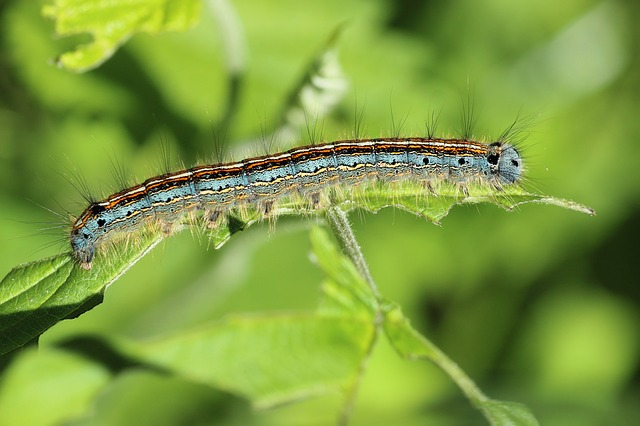
Experts believe that humans on earth may face serious issues related to the food supply due to various factors such as climate change, overpopulation, livestock farming and depletion of natural resources. Now, new research has found that insect farming, lab-grown meat and genetically modified animals could be the most viable solution to combat lack of nutritional availability in the future.
The research report published in the Frontiers in Sustainable Food Systems revealed that lab-grown insect meat could emerge as a potential alternative for high-volume nutritious food production in the future.
In the study report, researchers claimed that lab-grown insect meat will turn out to be a feasible alternative for livestock in the future, as it requires much lower water and space requirement without compromising the taste element.
"Compared to cultured mammalian, avian and other vertebrate cells, insect cell cultures require fewer resources and less energy-intensive environmental control, as they have lower glucose requirements and can thrive in a wider range of temperature, pH, oxygen and osmolarity conditions," said Natalie Rubio, the lead author of the study.
Alterations necessary for large-scale production are also simpler to achieve with insect cells, which are currently used for the bio-manufacture of insecticides, drugs, and vaccine," Rubio added.
The research report added that insect cells are more readily to accept genetic modifications and as a result, more meat can be produced in a cost-effective manner when compared to the traditional livestock system.
Even though lab-grown insect meats is considered the future of human food, it is not ready for consumption yet, and further researches are needed to introduce it to the market.
"Despite this immense potential, cultured insect meat isn't ready for consumption. Research is ongoing to master two key processes: controlling the development of insect cells into muscle and fat and combining these in 3D cultures with a meat-like texture," said Rubio.
A few months ago, another study report issued by the Intergovernmental Panel on Climate Change had urged people to consume less meat to control the carbon dioxide emissions to the atmosphere. The study report also asked people to do extensive forest planting to absorb atmospheric carbon dioxide.









